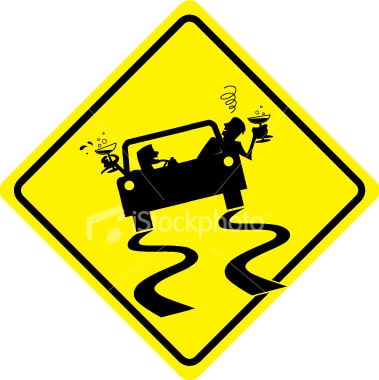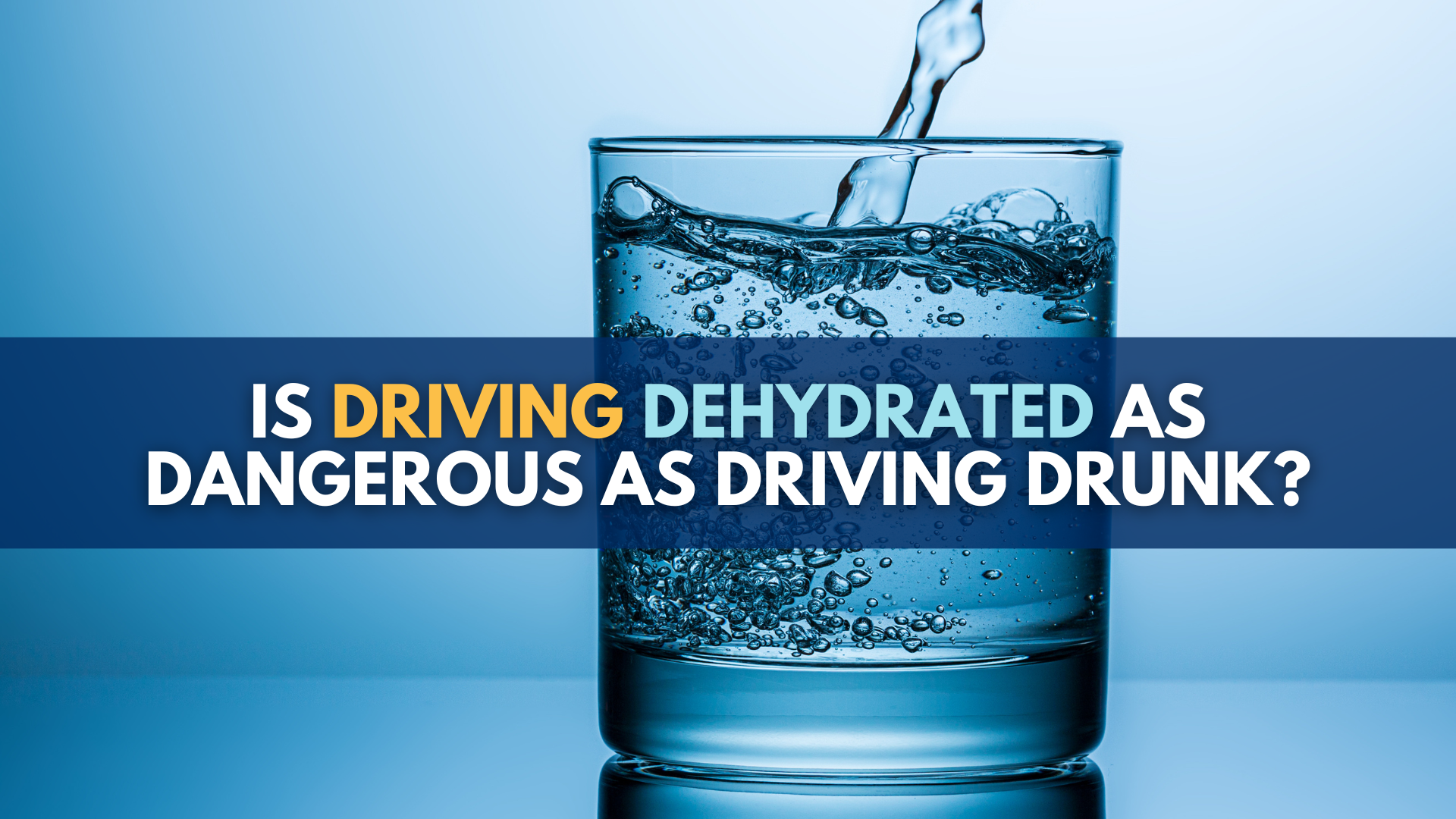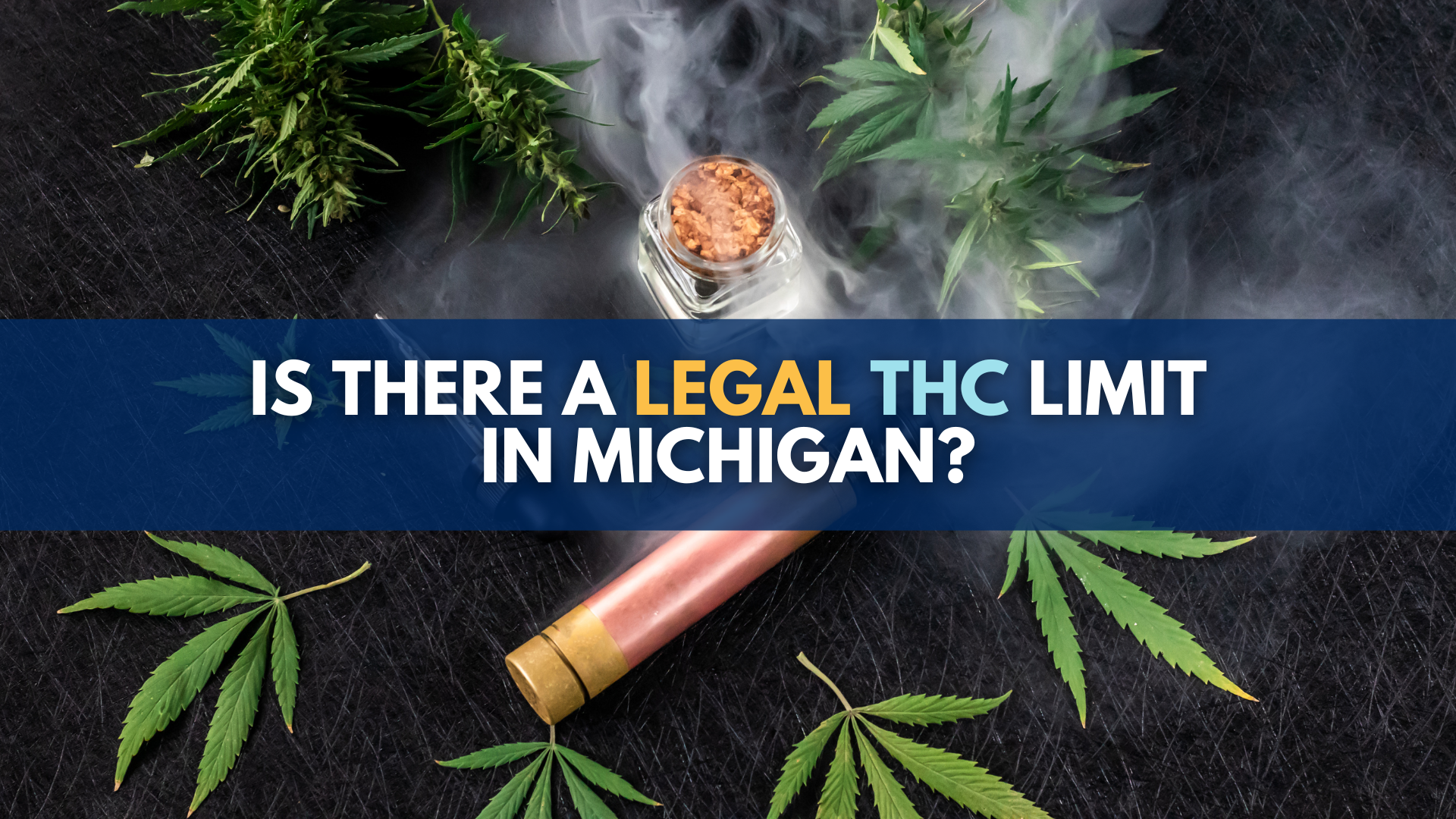Learn what the Michigan Office of Highway Safety Planning is doing to prevent drunk driving car accidents over the holidays

Today is the start of the organization’s drunk driving crackdown. Lynn Sutfin from the Michigan State Police provided us with the following information:
Q. What types of initiatives does the Michigan OHSP have planned for the holiday season this year to address Drunk Driving Prevention?
A. The Michigan Office of Highway Safety Planning is coordinating a drunk driving crackdown Dec. 27-Jan. 1 that is supported by federal traffic safety funds. More than 100 law enforcement agencies in 22 counties are participating. Participating counties include: Allegan, Berrien, Calhoun, Chippewa, Delta, Genesee, Houghton, Ingham, Jackson, Kalamazoo, Kent, Macomb, Marquette, Monroe, Oakland, Ogemaw, Ottawa, Saginaw, St. Clair, Van Buren, Washtenaw and Wayne.
These are grant-funded patrols which requires agencies to put extra officers and cars out on the roadway to conduct drunk driving enforcement. These are officers that would not otherwise be out patrolling the roadways.
Q. What are the trends for drunk driving incidents? What does the OSHP have in store to address those threats to public safety and hopefully reduce the incidents of drunk driving even further?
A. Alcohol-involved fatalities have decreased by nearly 21 percent over the past five years. Although this is encouraging, alcohol is still involved in 30 percent of Michigan traffic fatalities. Reducing fatalities and injuries caused by impaired driving is OHSP’s highest priority this coming fiscal year. OHSP is addressing this issue through enforcement, training, and reducing recidivism (relapse).
Enforcement: Seven of the eight grant-funded enforcement efforts being funded through OHSP this fiscal year focus on impaired driving. These include enforcement during holidays and other time periods that crash data has shown to have a high-incidence of alcohol-involvement; Halloween, Thanksgiving , New Year’s, the Super Bowl, Spring Break/March Madness, July 4th, and Labor Day. Seat belt enforcement is the focus of a May effort.
Training: OHSP funds free Standardized Field Sobriety Testing (SFST), Advanced Roadside Impaired Driving Enforcement (ARIDE), and Drug Recognition Expert (DRE) training for law enforcement officers.
SFST training provides law enforcement officers the knowledge and tools to identify an impaired driver and evaluate the driver using scientifically validated tests. It also teaches officers how to effectively record and describe observed behaviors of impaired driving suspects and present effective testimony in court.
ARIDE is designed to help officers become more proficient at detecting, apprehending, testing, and prosecuting impaired drivers. This intermediate course trains officers to observe, identify, and articulate the signs of impairment related to drugs, alcohol, or combination of both, in order to reduce the number of impaired driving incidents as well as crashes which result in serious injuries and fatalities.
DREs are trained to recognize signs of impairment in drivers under the influence of drugs other than, or in addition to, alcohol and to identify the category or categories of drugs causing the impairment. Michigan currently has 34 DREs throughout the state. Michigan has held two DRE schools with a third school planned for January 2013.
Recidivism: OHSP funds DUI and drug courts that guide alcohol- and drug-addicted offenders into a treatment program that reduces their substance use dependence and improves their quality of life. Participants are closely supervised by a judge and supported by a team of agency representatives including addiction treatment providers, prosecuting attorneys, public defenders, law enforcement officers, and parole and probation officers who work together to provide needed services to drug court participants. DUI court participants are offenders who would otherwise not be receiving treatment for their alcohol and/or drug addiction, and a significant percentage would continue to re-offend once their traditional jail sentence was complete. The recidivism rate for DUI court participants is 29 percent as compared to 48.5 percent for non-participants.
OHSP is funding DUI court participation for nearly 800 offenders in 16 courts across the state.
Q. With implementation of Michigan’s “super drunk” law in 2010, what type of a positive impact is your office seeing from these more strict laws in terms of accidents and fatalities?
A. Michigan’s high-BAC law went into effect Oct. 31, 2010. As only one year of crash data exists since the law went into effect, it is difficult to determine the exact impact of this law on crashes and fatalities. Fatalities and incapacitating injuries involving alcohol decreased by 5.5 percent from 2010 to 2011 (1,326 in 2010 to 1,253 in 2011). However, overall fatalities and incapacitating injuries declined by 4.7 percent; 6,917 in 2010 to 6,595 in 2011.
Q. With recent news about synthetic drugs such as K Spice and Bath Salts, has the OHSP seen a rise in “drugged driving” incidences? What about prescription drug abuse cases?
A. Last year, drug involvement in traffic fatalities fell almost 17 percent, from 153 deaths in 2010 to 127 in 2011. However, prior to 2011’s decrease, drug-involved traffic fatalities had increased by nearly 30 percent over the past five years. Some of this increase is due to expanded testing being requested by law enforcement.
Related information:


